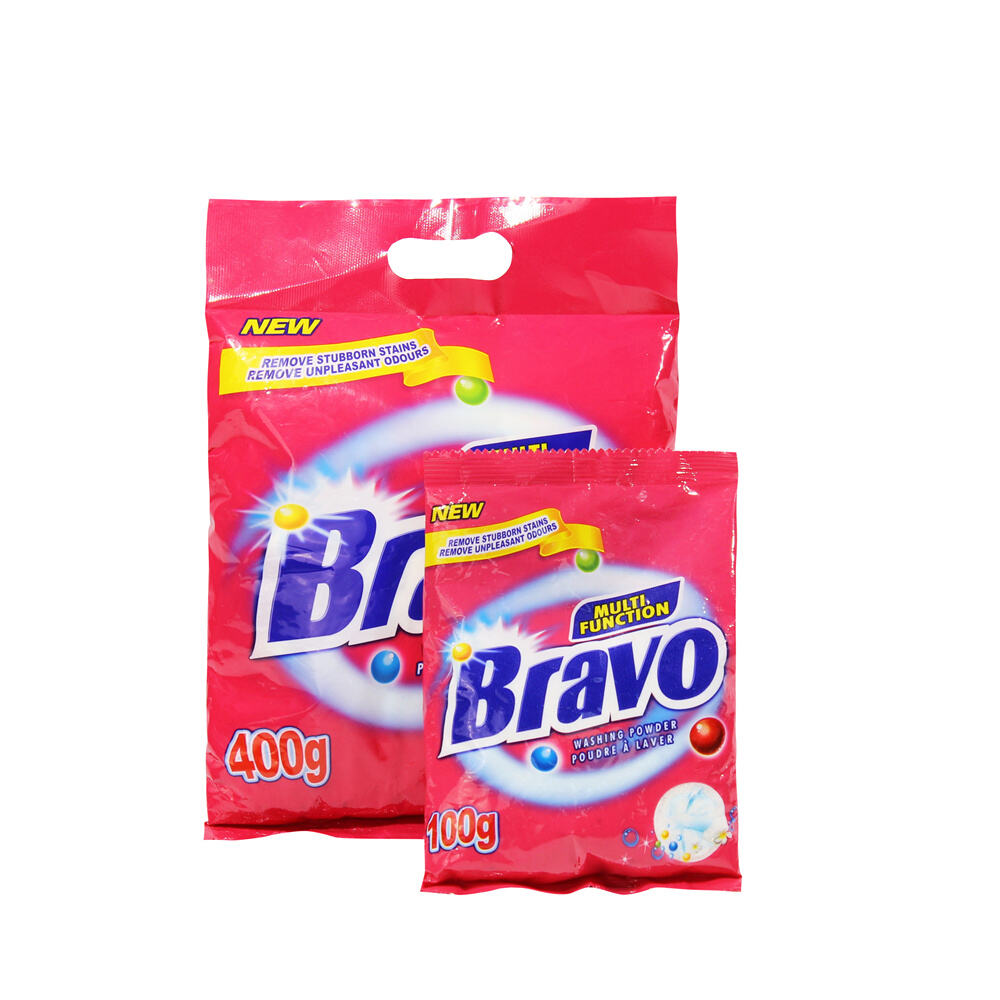Phosphorus-free detergent is developed to eliminate phosphorus compounds from its formula, addressing environmental concerns associated with phosphorus runoff into waterways. Phosphates, commonly used in traditional detergents as water softeners and builders, contribute to eutrophication in lakes and rivers by promoting excessive algae growth, which depletes oxygen and harms aquatic life. By removing phosphorus, these detergents help protect water quality and preserve aquatic ecosystems. Phosphorus-free detergents use alternative ingredients, such as citrates, zeolites, amino acids, or synthetic polymers, to perform the functions of phosphates, such as softening hard water and enhancing surfactant efficiency. Despite the absence of phosphorus, these detergents maintain effective cleaning performance, leveraging advanced surfactant technologies and enzyme systems to remove dirt and stains. They are often biodegradable and may incorporate plant-based ingredients to further reduce environmental impact. Phosphorus-free detergents comply with environmental regulations in many regions that restrict or ban phosphorus in household cleaners, offering consumers an eco-friendly alternative that doesn't compromise on cleaning power. They are suitable for both household and commercial use, allowing users to maintain cleanliness while contributing to water resource protection.
